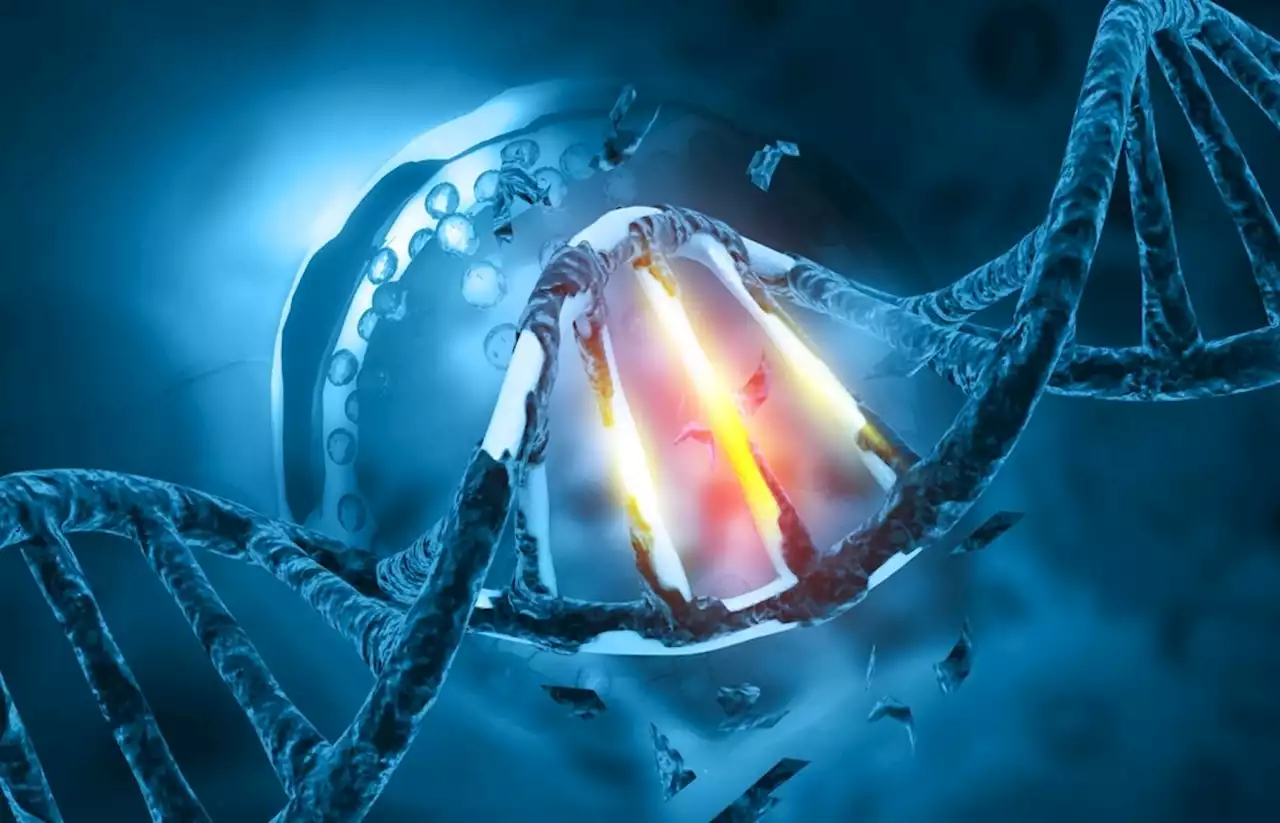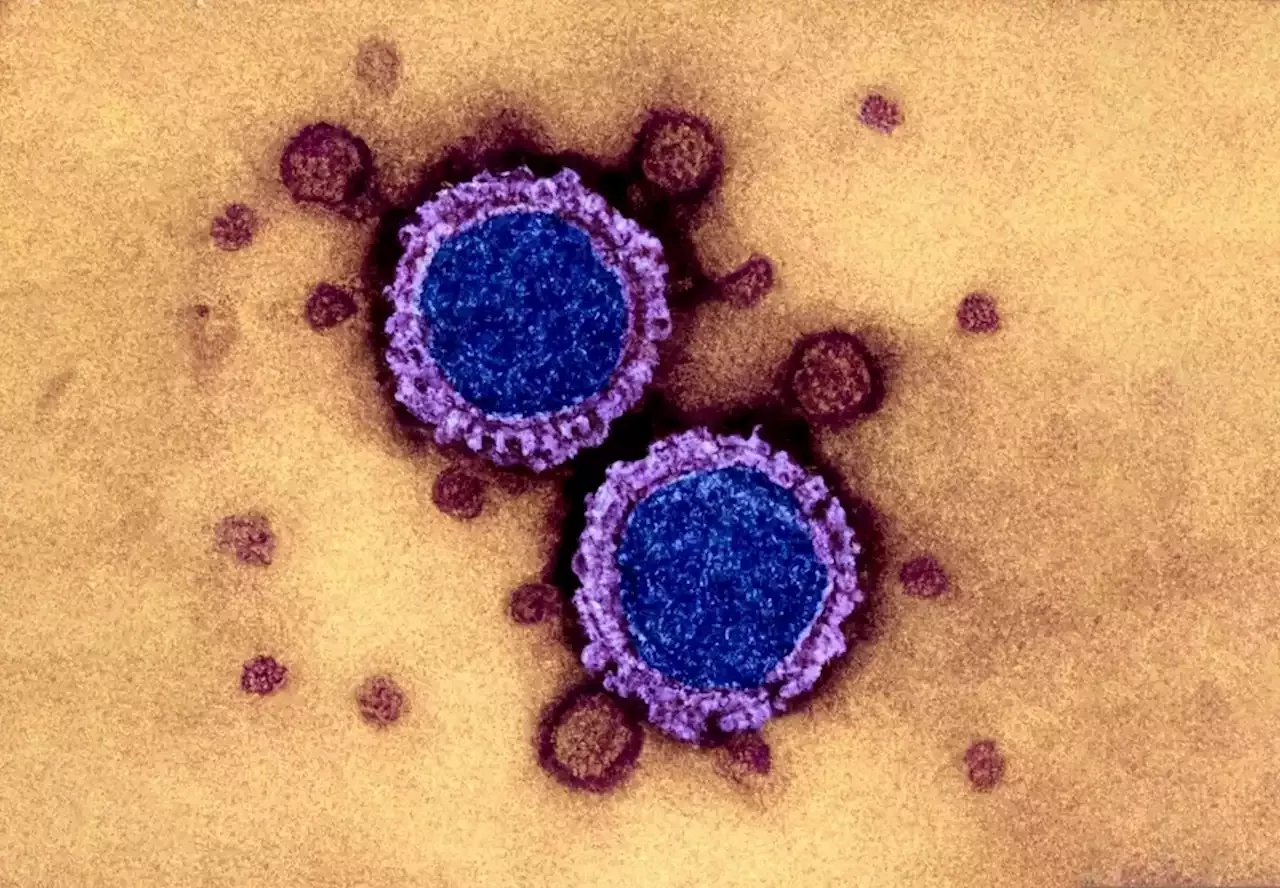High-level resistance of SARS-CoV-2 BA.4 against neutralizing antibodies Antibodies Coronavirus Disease COVID SARSCoV2 Vaccine FcEffector biorxivpreprint nicd_sa WitsUniversity UPTuks UCT_news CAPRISAOfficial
By Dr. Priyom Bose, Ph.D.Jul 20 2022Reviewed by Benedette Cuffari, M.Sc. Since the beginning of the coronavirus disease 2019 pandemic, which is caused by the sudden outbreak of the severe acute respiratory syndrome coronavirus-2 , genomic evolution of the virus has occurred.
Over time, the Omicron variant has evolved into several sub-lineages including BA.2, BA.2.12.1, BA.4, and BA.5. Study findings BA.4 has been shown to evade nAbs induced by previous infection and vaccination. In the current study, BA.4 resistance was observed against nAbs and ADCC-mediating antibodies elicited by four VOCs, including D614G, Beta, Delta, and BA.1.
A greater reduction in neutralization against BA.4 occurred in unvaccinated individuals who recovered from COVID-19 caused by Delta or BA.1. To this end, autologous titers to the Delta spike protein were much higher as compared to those against D614G and Beta. Individuals who recovered from BA.1 infection showed reduced neutralization efficiency against BA.2 and BA.4.
Canada Latest News, Canada Headlines
Similar News:You can also read news stories similar to this one that we have collected from other news sources.
 The known and proposed interactions of SARS-CoV and SARS-CoV-2 with DNA damage response pathwaysThe known and proposed interactions of SARS-CoV and SARS-CoV-2 with DNA damage response pathways _ZewailCity_ RIMUHC1 SARSCoV2 SARSCoV DNA DNAdamage virus covid coronavirus
The known and proposed interactions of SARS-CoV and SARS-CoV-2 with DNA damage response pathwaysThe known and proposed interactions of SARS-CoV and SARS-CoV-2 with DNA damage response pathways _ZewailCity_ RIMUHC1 SARSCoV2 SARSCoV DNA DNAdamage virus covid coronavirus
Read more »
 What is the impact of SARS-CoV-2 variant booster vaccinations?What is the impact of SARS-CoV-2 variant booster vaccinations? medrxivpreprint UofR SARSCoV2 COVID19 Booster Vaccination
What is the impact of SARS-CoV-2 variant booster vaccinations?What is the impact of SARS-CoV-2 variant booster vaccinations? medrxivpreprint UofR SARSCoV2 COVID19 Booster Vaccination
Read more »
 Molnupiravir does not induce resistance mutations in SARS-CoV-2 genomeA new study has pointed out that Molnupiravir treatment increases the ratio of transition to transversion mutations in COVID-19 patients and that the treatment does not appear to induce resistance mutations in the SARS-CoV-2 genome.
Molnupiravir does not induce resistance mutations in SARS-CoV-2 genomeA new study has pointed out that Molnupiravir treatment increases the ratio of transition to transversion mutations in COVID-19 patients and that the treatment does not appear to induce resistance mutations in the SARS-CoV-2 genome.
Read more »
 What is the role of a niclosamide-based organic/inorganic hybrid in the suppression of SARS-CoV-2 infections?A new study involved the preparation of NIC-MgO and NIC-MgO-HPMC by solid-state intercalation reaction followed by cetrimonium bromide (CTAB) stabilized NIC-MgO and MgO Nanoparticles (NP) preparation.
What is the role of a niclosamide-based organic/inorganic hybrid in the suppression of SARS-CoV-2 infections?A new study involved the preparation of NIC-MgO and NIC-MgO-HPMC by solid-state intercalation reaction followed by cetrimonium bromide (CTAB) stabilized NIC-MgO and MgO Nanoparticles (NP) preparation.
Read more »
 SARS-CoV-2 host-shutoff impacts innate NK cell functions, but antibody-dependent NK activity is strongly activated through non-spike antibodiesSARS-CoV-2 host-shutoff inhibits innate NK surveillance by suppressing activating ligands, however ADCC provides a potent NK stimulus that is mediated by antibodies targeting Nucleocapsid, ORF3a, and Membrane, with those targeting Spike being significantly weaker.
SARS-CoV-2 host-shutoff impacts innate NK cell functions, but antibody-dependent NK activity is strongly activated through non-spike antibodiesSARS-CoV-2 host-shutoff inhibits innate NK surveillance by suppressing activating ligands, however ADCC provides a potent NK stimulus that is mediated by antibodies targeting Nucleocapsid, ORF3a, and Membrane, with those targeting Spike being significantly weaker.
Read more »
 Molnupiravir does not induce resistance mutations in SARS-CoV-2 genomeA new study has pointed out that Molnupiravir treatment increases the ratio of transition to transversion mutations in COVID-19 patients and that the treatment does not appear to induce resistance mutations in the SARS-CoV-2 genome.
Molnupiravir does not induce resistance mutations in SARS-CoV-2 genomeA new study has pointed out that Molnupiravir treatment increases the ratio of transition to transversion mutations in COVID-19 patients and that the treatment does not appear to induce resistance mutations in the SARS-CoV-2 genome.
Read more »
